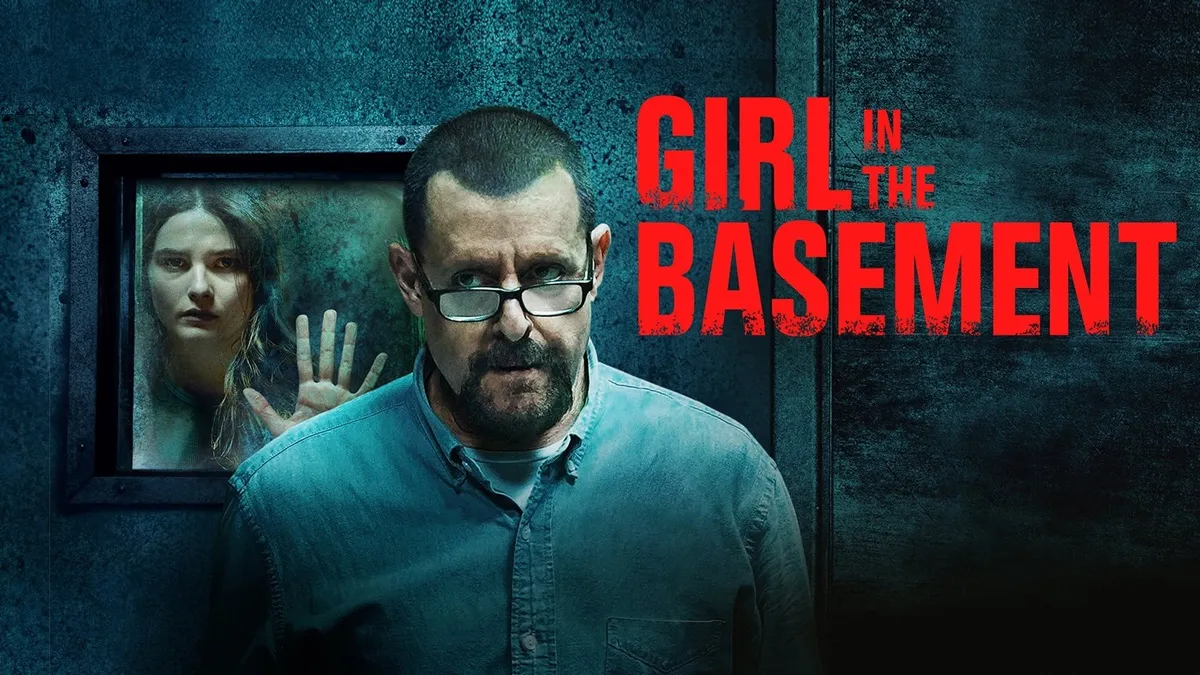Fame made him a king. Rage almost destroyed him. Redemption gave him a reason to stand again.
Tyson (2025) is not just a biopic—it’s a cinematic uppercut. Directed by Antoine Fuqua and starring Jamie Foxx in a transformative, career-defining performance, the film dives into the chaotic, brutal, and ultimately redemptive life of boxing icon Mike Tyson. With raw honesty and emotional depth, Tyson captures the fire and fragility of a man shaped by violence, fame, and the desperate search for identity.
The story charts Tyson’s rise from the streets of Brooklyn to becoming the youngest heavyweight champion in history. Through powerful recreations of legendary bouts, the film immerses viewers in the kinetic intensity of the ring—sweat, blood, and all. But Tyson isn’t just about boxing—it’s about the man beneath the gloves. The narrative peels back the layers, exposing his battles with addiction, incarceration, mental health, and his complicated relationship with love, power, and redemption.

Jamie Foxx delivers a mesmerizing performance, not just mimicking Tyson’s voice and physicality, but embodying his contradictions: the fearsome brawler who once kept pigeons as pets, the unstoppable force brought to his knees by loss, rage, and regret. Supporting roles from Michael B. Jordan as a fictional rival and Viola Davis as a spiritual mentor elevate the emotional stakes.
What makes Tyson (2025) stand out is its refusal to glorify or vilify. It presents Tyson as both victim and aggressor, monster and man—allowing audiences to draw their own conclusions. The film is bolstered by a thunderous soundtrack blending old-school hip-hop with orchestral swells, mirroring Tyson’s duality: raw street energy and mythic grandeur.

By its final act, Tyson evolves into a story of transformation. Not just a comeback, but a reckoning. The boy who became the “baddest man on the planet” must finally face the only opponent he never truly conquered—himself.
-1749309081-q80.webp)


